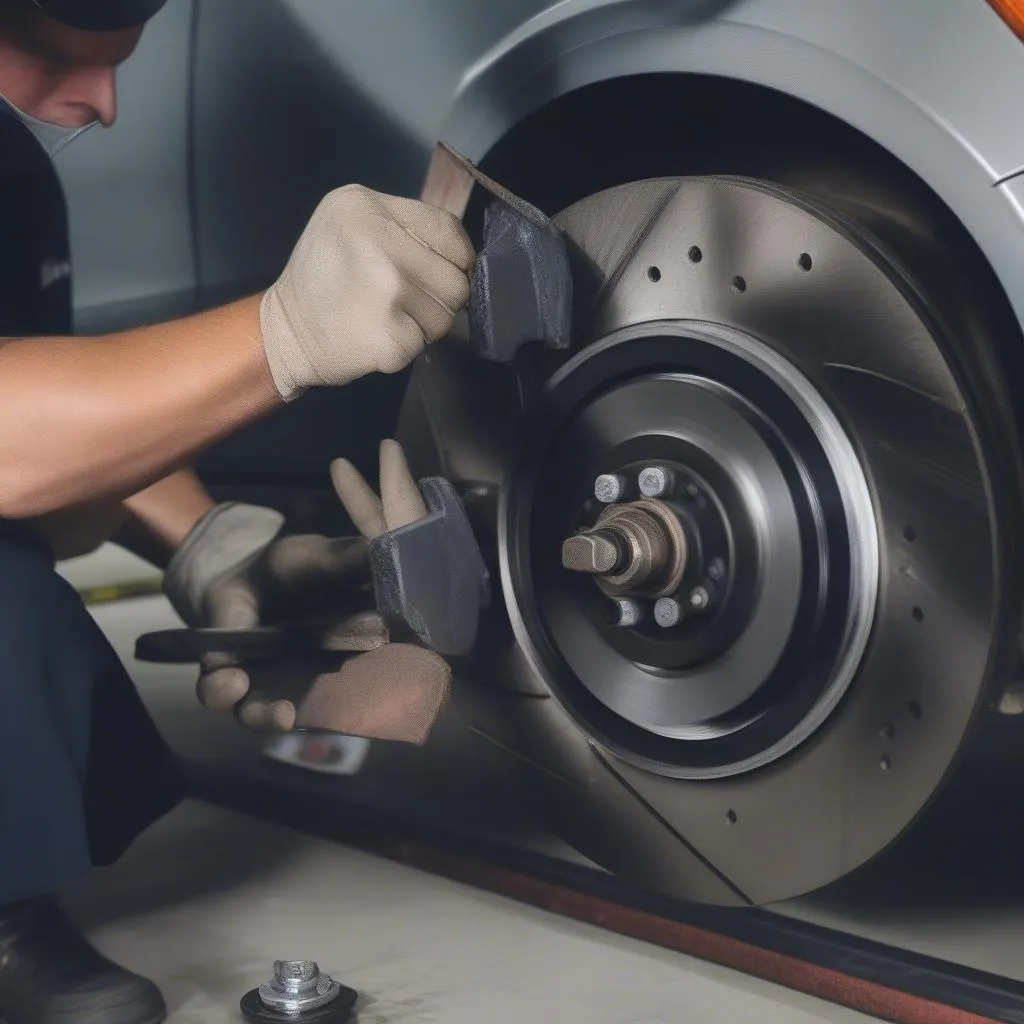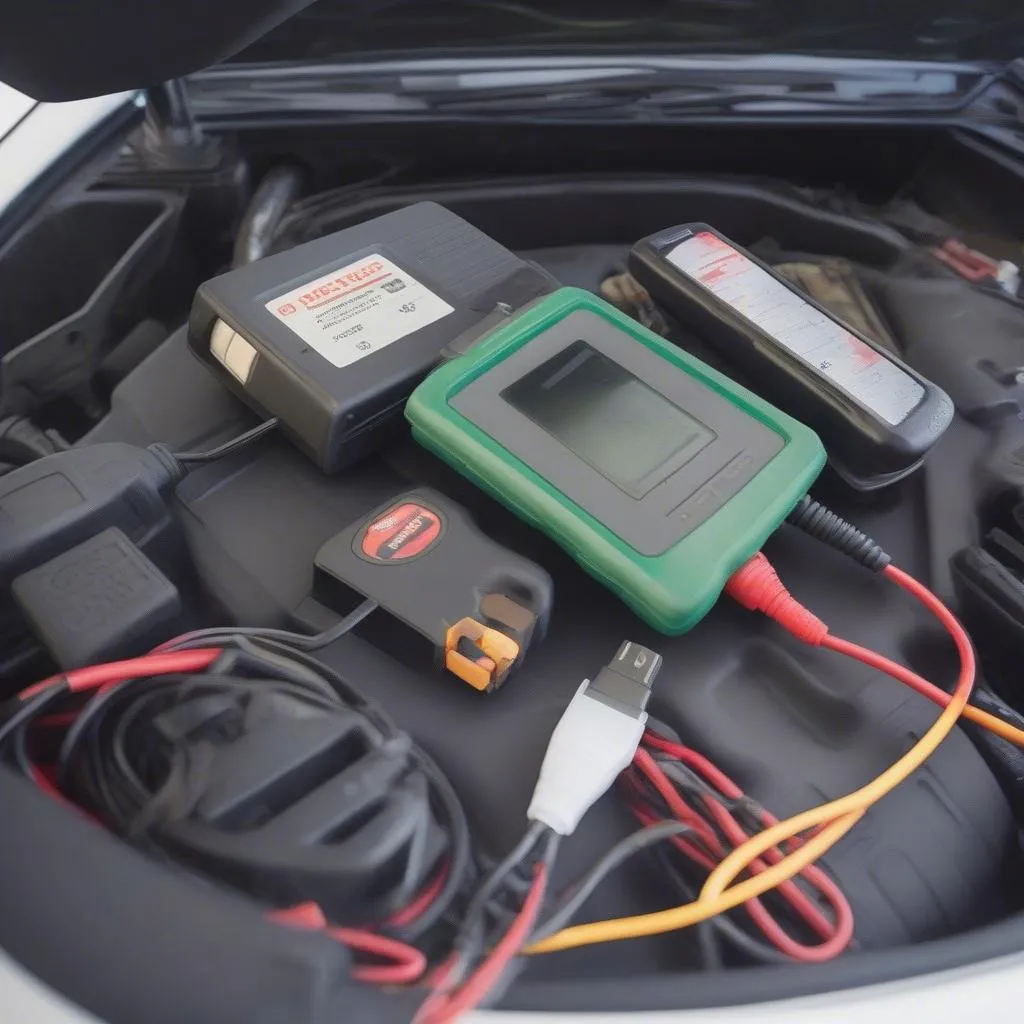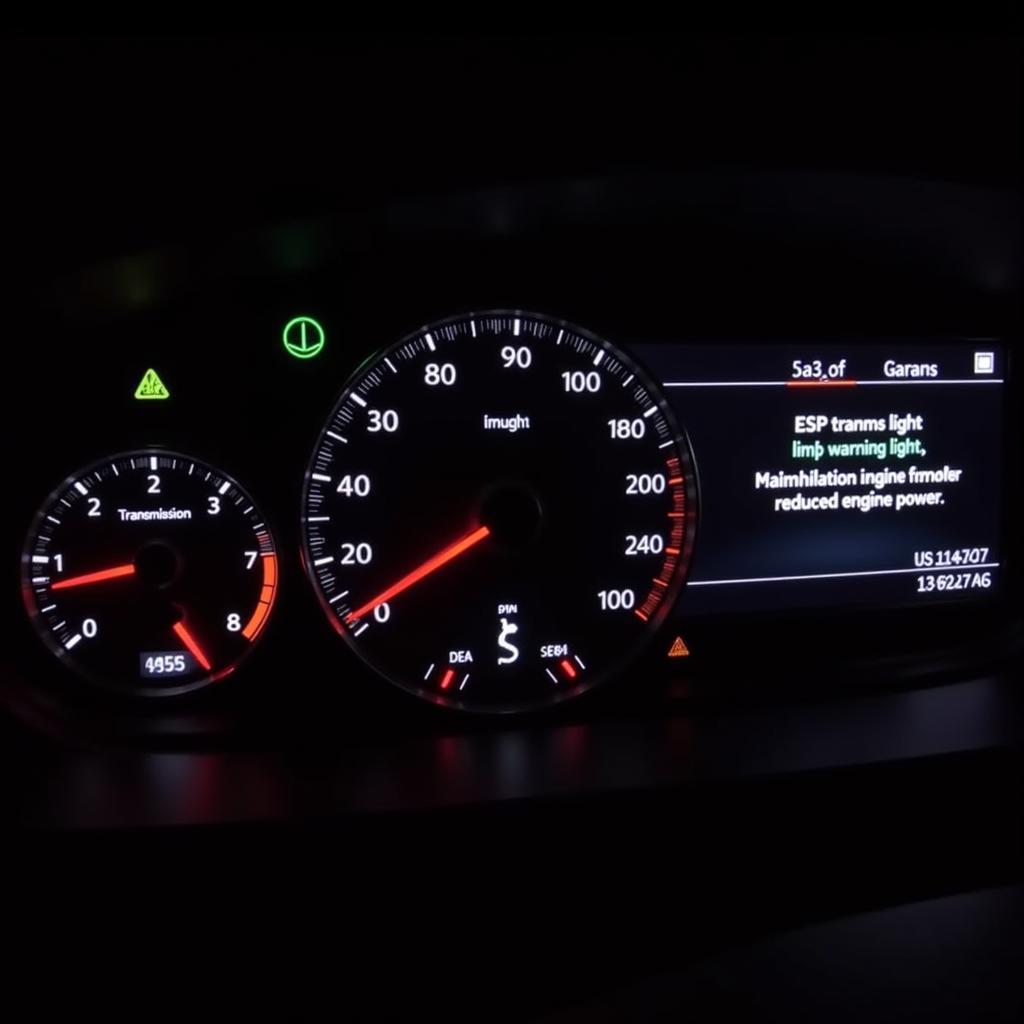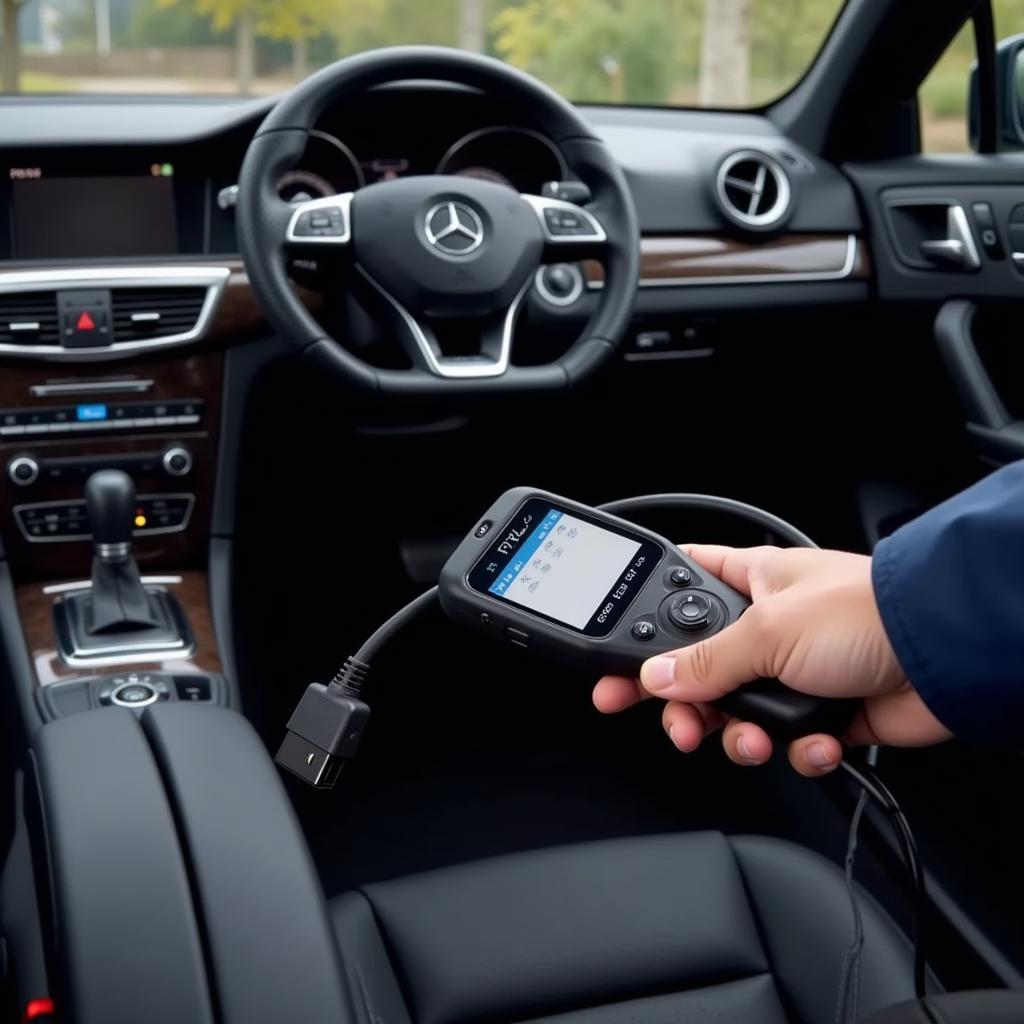Few sounds are as unsettling as a high-pitched squeal every time you press the brake pedal in your Mercedes. Squeaky brakes are not just annoying; they can also signal an underlying issue with your braking system. While it might be tempting to ignore the sound, addressing the problem promptly is crucial for your safety and the longevity of your vehicle.
This comprehensive guide will walk you through the common causes of squeaky brakes on Mercedes vehicles and provide step-by-step instructions on how to fix them.
What Causes Squeaky Brakes?
Before diving into solutions, it’s important to understand what might be causing your brakes to squeak. Here are some of the most common culprits:
1. Worn Brake Pads:
This is the most frequent reason for squeaky brakes. Brake pads are designed to wear down over time. When they become too thin, a small metal indicator will rub against the brake rotor, producing the ear-piercing squeal.
2. Moisture and Rust:
If you leave your car parked for an extended period, especially in humid or wet conditions, a thin layer of rust can form on the brake rotors. This rust can cause squeaking noises when you first apply the brakes.
3. Glazed Brake Pads:
Excessive heat caused by hard braking or riding the brakes can cause the brake pad material to harden and become “glazed.” This creates a smooth, shiny surface that can lead to squeaking.
4. Dirty Brakes:
Accumulation of dirt, debris, or brake dust between the pads and rotors can also create friction and noise.
5. Faulty Brake Hardware:
Worn-out calipers, caliper pins, or anti-rattle clips can cause vibrations and noises, including squeaking.
Identifying the Source of the Squeak
Pinpointing the exact cause of your squeaky brakes is essential for effective troubleshooting. Here’s what you can do:
1. Listen Carefully:
- Does the squeaking occur every time you brake, or only in certain situations (e.g., when braking lightly, when first starting the car)?
- Does the sound change when you brake harder?
2. Inspect Your Brakes:
If possible, take a look at your brake pads and rotors. Are the pads visibly thin? Do you see any signs of excessive wear, rust, or debris?
3. Seek Professional Help:
If you’re unsure about the cause of the problem or uncomfortable working on your brakes, it’s best to consult a qualified mechanic.
Gathering the Necessary Tools
Before attempting any brake repairs, it’s crucial to have the right tools on hand. Here’s a list of what you’ll need:
- Lug wrench
- Jack and jack stands
- C-clamp
- Wrench set
- Brake cleaner
- Shop rags
- Brake grease
- New brake pads (if necessary)
- New brake rotors (if necessary)
Fixing Squeaky Brakes
Remember: Safety first! Always work on a level surface and use jack stands to secure the vehicle. If you’re not comfortable with any of these steps, consult a professional mechanic.
1. Inspect Brake Pads and Rotors:
- Once your vehicle is safely lifted, remove the wheel to expose the brake assembly.
- Examine the brake pads for wear. If they are less than ¼ inch thick, they need replacement.
- Check the rotors for grooves, scratches, or rust.
2. Replace Worn Brake Pads and/or Rotors:
- If the pads or rotors show significant wear, follow these general steps to replace them:
- Use the C-clamp to compress the caliper piston.
- Remove the old brake pads and install the new ones.
- If replacing the rotors, remove them from the hub and install the new ones.
3. Clean and Lubricate Brake Components:
- Use brake cleaner to thoroughly clean the calipers, caliper pins, and any other brake hardware.
- Apply a thin layer of brake grease to the caliper pins and any contact points between the pads and calipers.
4. Reassemble and Test:
- Carefully reassemble all components, ensuring everything is properly tightened.
- Lower the vehicle and pump the brakes several times to restore pressure.
- Take your Mercedes for a test drive, paying close attention to the brakes.
 Mechanic inspecting brakes
Mechanic inspecting brakes
FAQs: Squeaky Mercedes Brakes
Q: Why are my brakes squeaking after I wash my car?
A: Moisture can get trapped between the brake pads and rotors, causing a temporary squeak. This usually goes away after driving a short distance.
Q: How often should I replace my brake pads?
A: Brake pad lifespan varies depending on driving habits and conditions. As a general rule, it’s recommended to have them inspected every 12,000 miles.
Q: Can I use any brake cleaner on my Mercedes?
A: It’s best to use a brake cleaner specifically designed for automotive use to avoid damaging any components.
Q: Can a faulty sensor cause squeaky brakes?
A: While a faulty brake pad wear sensor might trigger a dashboard warning light, it’s unlikely to cause a squeaking noise.
Q: Can diagnostic tools help identify brake problems in my Mercedes?
A: Yes, professional-grade diagnostic tools like those offered by CARDIAGTECH can read your Mercedes’s onboard computer for specific error codes related to your braking system, providing more accurate diagnostics.
 Car Diagnostic Tool
Car Diagnostic Tool
Conclusion
Squeaky brakes are a common problem that can often be resolved with some basic maintenance. However, it’s essential not to ignore this warning sign. By understanding the potential causes and following the steps outlined in this guide, you can keep your Mercedes braking safely and quietly for miles to come.


